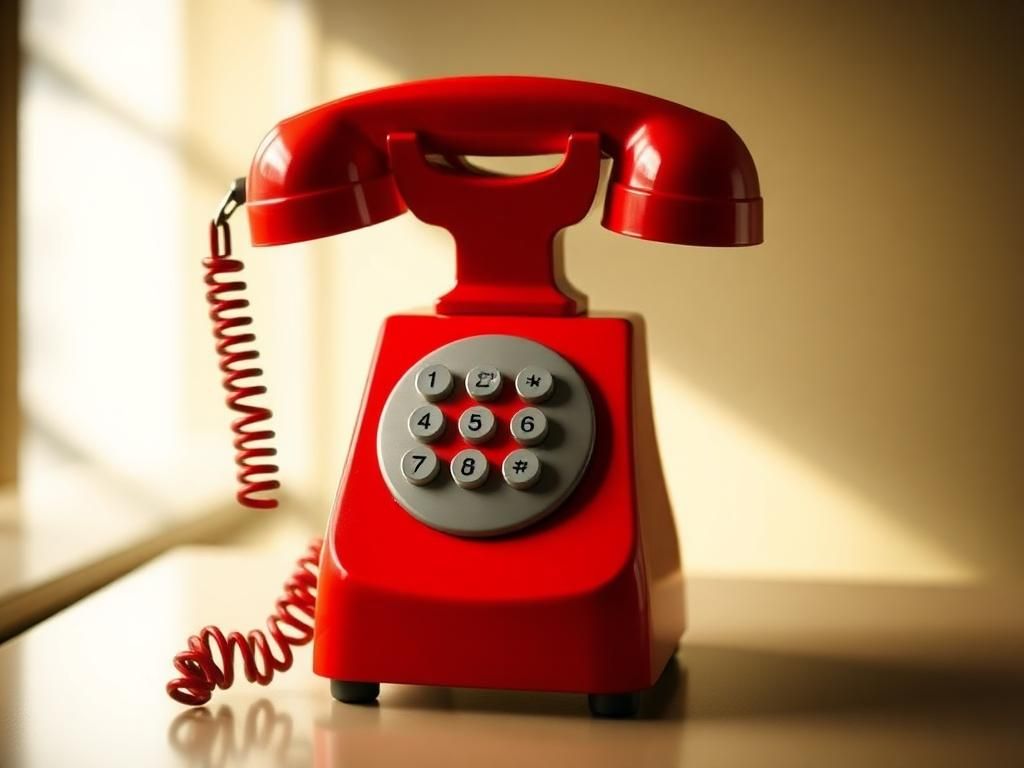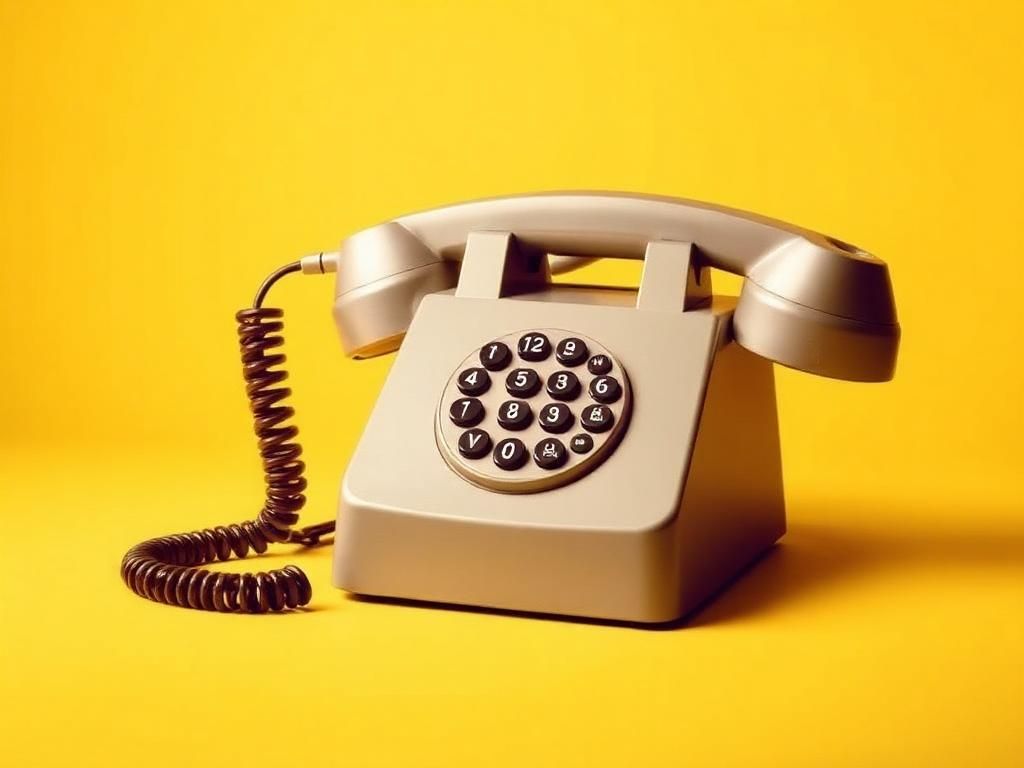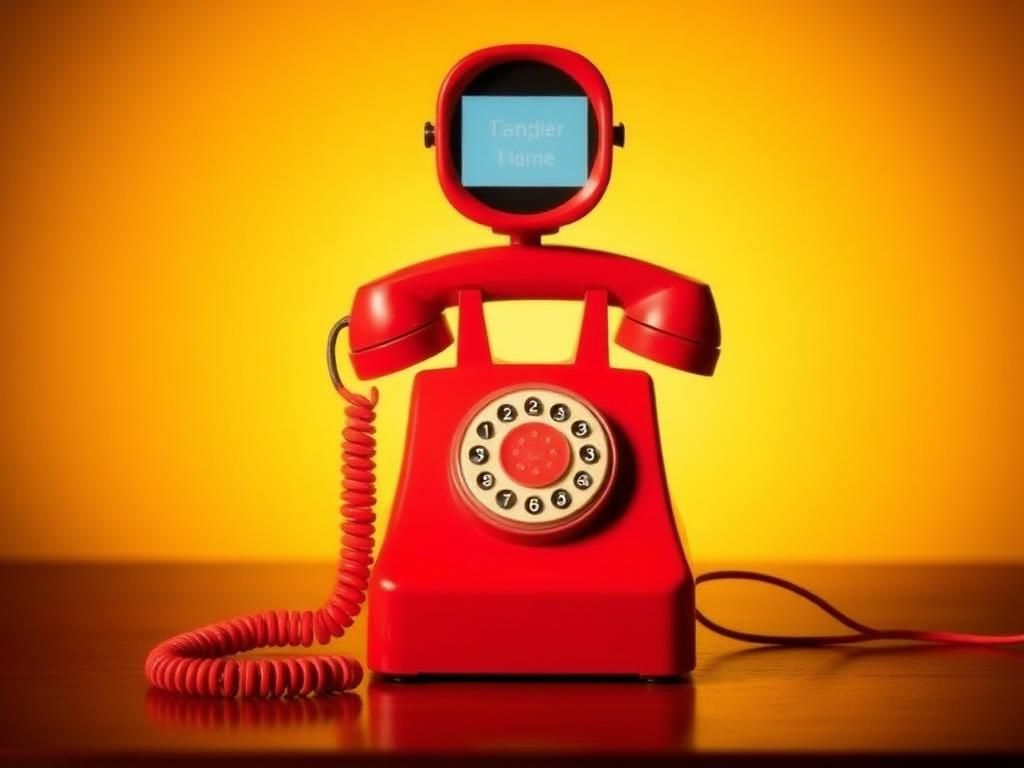The concept of phone symbolism goes beyond the mere technology behind communication devices; it encapsulates the meanings and societal implications intertwined with our constant connectivity. In our digitally dominated era, the humble phone represents myriad facets of life, from socialization to identity. As we dive deeper into this topic, the multifaceted nature of phone symbolism becomes apparent, shedding light on how interconnected we have become, while also recognizing the isolation such connectivity can often bring.
Historical Context of Phones as Symbols
Evolution of Communication Devices
Understanding phone symbolism requires delving into the historical evolution of communication devices. Early communication relied on simple tools such as messengers and written letters, which established the foundational need for human connection. The introduction of the landline phone marked a significant milestone, revolutionizing how people interacted over distances. With the advent of mobile phones and the subsequent rise of smartphones, communication transformed from a static to a dynamic exchange, allowing conversations to flow freely, regardless of physical location.
Cultural Shifts
With the growing prevalence of phones, we witness a profound change in societal norms. Phones have become integral to our daily routines, influencing everything from how we socialize to our perceptions of individual privacy. In popular culture, phones often symbolize not just communication but also status and power, frequently featured in films and literature as objects of desire or instruments of control.
The Multifaceted Symbolism of Phones
Connection and Isolation
Within the framework of phone symbolism, the duality of connection and isolation is glaring. On one hand, phones serve as symbols of connectivity in the digital age, bridging geographic divides. Conversely, the allure of constant online engagement has led to increased social isolation for many, with users often feeling alone despite being digitally connected. This juxtaposition serves as a central theme in discussions surrounding technology and mental health.
Identity and Status
In the context of identity, phones play a critical role in establishing personal branding. Different brands symbolize various statuses, with Apple and Android users often belonging to distinct social circles. Personalization—through cases, skins, and wallpapers—further allows individuals to express their unique identities, showcasing how phone symbolism extends beyond mere utility into the realm of individuality.
Communication and Miscommunication
The role of phones in facilitating conversations is undeniable; whether through texts, calls, or social media platforms, they uphold the modern communication paradigm. However, miscommunication often arises in digital exchanges, where tone and context can be lost. This highlights another layer of phone symbolism, emphasizing the complex navigation of language and emotion in an increasingly digital world.
Phones in Various Contexts
Phones in Relationships

Within the realm of relationships, phones symbolize both intimacy and distance. Sharing photos, constant contact, and instant messaging create a sense of closeness. Yet, reliance on phones can also breed trust issues and dependency in romantic relationships, illustrating the paradox of connection created by these devices.
Phones in Professional Settings
In professional contexts, phones embody productivity and availability. The expectation of being reachable at all times blurs the boundaries between work and personal life, contributing to the ever-present on-call culture. This phenomenon is emblematic of how phone symbolism can reflect societal attitudes toward work balance and personal time.
Phones in Mental Health
The intersection of phones and mental health is particularly poignant. On one hand, various apps provide valuable tools for wellness and connection, while on the other hand, excessive usage can lead to addiction and anxiety. As we navigate our relationships with technology, understanding this aspect of phone symbolism becomes essential.
Cross-Cultural Perspectives on Phone Symbolism
Global Usage Patterns
Globally, phone usage varies dramatically, influenced by cultural norms and technological acceptance. In some cultures, there is a robust embrace of smartphone technology, while others resist it, viewing devices with skepticism. Understanding these global perspectives enriches our comprehension of phone symbolism as they illustrate differing meanings assigned to communication technology.
Phones in Developing vs. Developed Regions
The role of phones in bridging the digital divide is especially pronounced in developing regions. Here, mobile phones symbolize not only connectivity but also opportunity and empowerment. This contrast with developed economies underscores the cultural significance of phones in shaping lives and communities across the globe.
The Future of Phone Symbolism
Technological Advancements
The future of phone symbolism is poised for further evolution, especially with technological advancements on the horizon. The integration of AI and other innovative technologies promises to transform human interactions, potentially redefining communication norms and our perceptions of connection.
Societal Shifts

As communication platforms become more advanced, societal perceptions of phones may shift, further integrating them as essential tools in human interaction. The implications for personal relationships and social norms will be profound, challenging us to consider how we engage in an increasingly digital world.
Conclusion
The complexity of phone symbolism reveals a tapestry of connections, identities, and cultural meanings that shape how we interact. As technology continually evolves, so too must our reflections on personal relationships with technology and the messages we convey through our devices.
References
| Aspect | Significance |
|---|---|
| Connection | Symbolizes societal connectivity, yet fosters isolation. |
| Identity | Reflects status through brands and personal customization. |
| Communication | Facilitates engagement but can lead to miscommunication. |
| Relationships | Represents intimacy but also dependency issues. |
| Work-Life Balance | Embodies productivity, risks overlapping personal and work life. |
| Mental Health | Supports wellness apps but poses risks of addiction. |
| Global Perspectives | Varied cultural approaches influence phone usage and perception. |
| Future Trends | Anticipated technological advancements will reshape phone symbolism. |
Frequently Asked Questions (FAQs)
What does phone symbolism mean?
Phone symbolism refers to the meanings and cultural significance associated with phones in modern life, highlighting aspects such as connectivity, identity, and communication.
How have phones changed communication?
Phones have revolutionized communication by enabling instant connectivity across distances, yet they also introduce challenges like miscommunication.
Why are phones considered status symbols?
Phones often represent status due to brand prestige, personalization options, and the cultural significance surrounding mobile technology.
Can phones impact mental health?
Yes, phones can positively support mental health through wellness apps, but excessive usage may also lead to issues like addiction and anxiety.
How do phones affect relationships?
Phones facilitate intimacy but can also create dependency and trust issues in romantic relationships.
What are the cultural variations in phone usage?
Cultural attitudes toward phone usage vary widely, influencing how different societies embrace or resist mobile technology.
What is the future of phone technology?
The future of phone technology is likely to involve advanced features like AI integration, which may further redefine communication experiences.
What role do phones play in professional settings?
In the workplace, phones symbolize productivity and constant availability, often blurring lines between work and personal life.
How do phones bridge the digital divide?
In developing regions, phones provide access to information and communication, serving as pivotal tools for economic and social development.
What are the main concerns about phone usage?
Main concerns include social isolation, addiction, miscommunication, and impacts on mental health, highlighting the need for balanced use.
